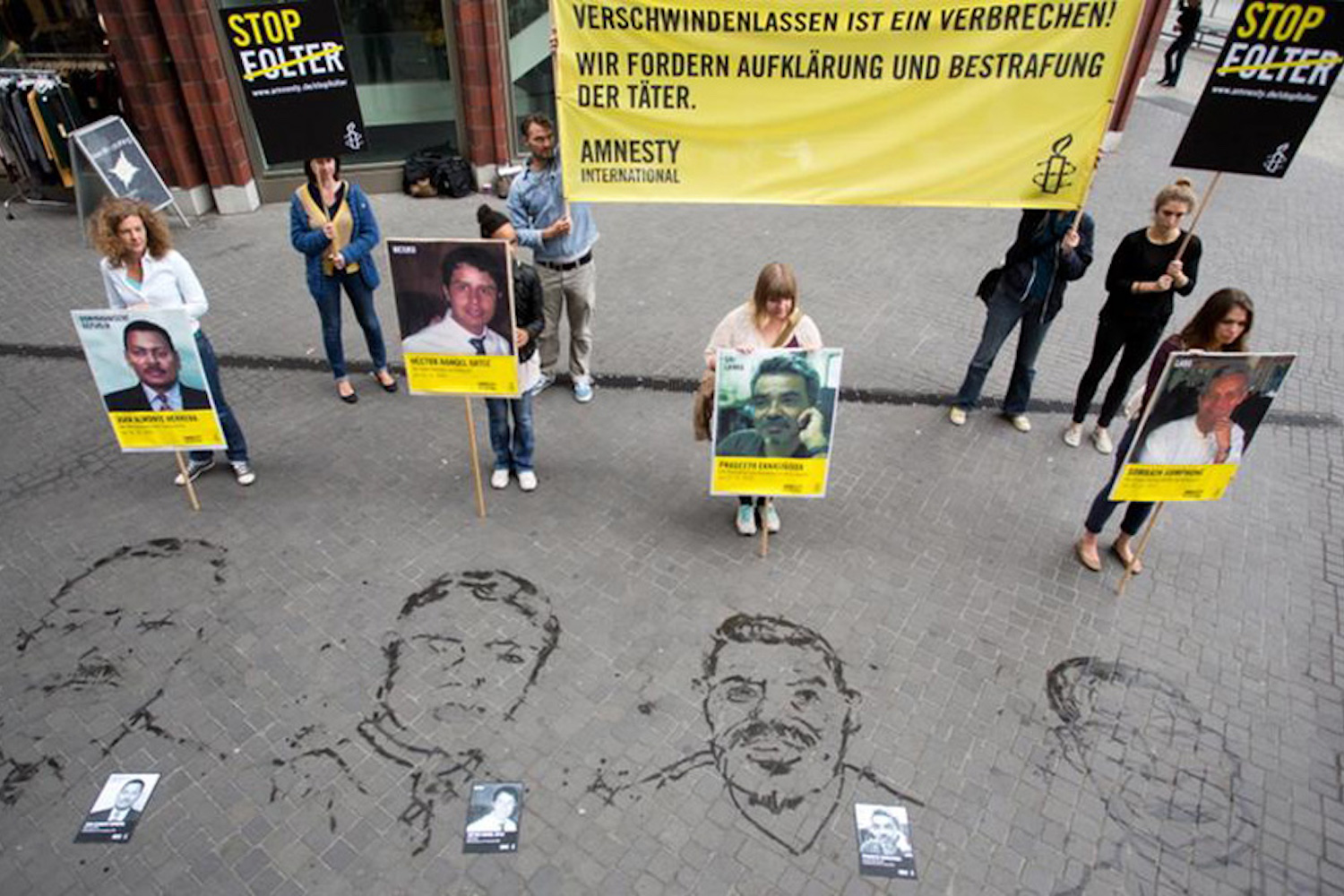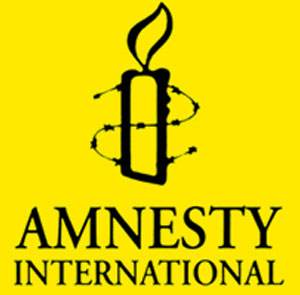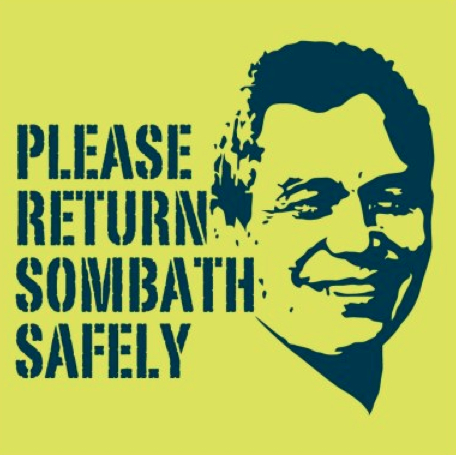FIDH-MLDH: 03 Juillet 2015
 Paris, 30 Juin 2015 : Le refus du Gouvernement Lao d’accepter les recommandations clé formulées lors de son dernier Examen Périodique Universel (EPU) a tourné en farce le processus de révision des Nations Unies, ont déclaré aujourd’hui la FIDH et son organisation membre, le Mouvement Lao des Droits de l’Homme (MLDH).
Paris, 30 Juin 2015 : Le refus du Gouvernement Lao d’accepter les recommandations clé formulées lors de son dernier Examen Périodique Universel (EPU) a tourné en farce le processus de révision des Nations Unies, ont déclaré aujourd’hui la FIDH et son organisation membre, le Mouvement Lao des Droits de l’Homme (MLDH).
“L’attitude défensive du gouvernement lao et ses refus généralisés ont fait de son EPU une mascarade. Le dernier EPU du Laos a clairement montré l’absence de volonté de Vientiane à résoudre les sujets importants en matière des droits de l’Homme » , a souligné le Président de la FIDH M.Karim Lahidji.
 Le 23 juin, le Laos a accepté 116 des 196 recommandations préconisées lors de son second EPU en janvier 2015. Selon Thongphane Savanhphet, le représentant permanent du Laos, auprès de l’Office des Nations Unies à Genève, les autres 80 recommandations « n’ont pas recueilli le soutien total » du gouvernement.
Le 23 juin, le Laos a accepté 116 des 196 recommandations préconisées lors de son second EPU en janvier 2015. Selon Thongphane Savanhphet, le représentant permanent du Laos, auprès de l’Office des Nations Unies à Genève, les autres 80 recommandations « n’ont pas recueilli le soutien total » du gouvernement.
La réponse du gouvernement a été particulièrement insuffisante sur le sujet des disparitions forcées. Le gouvernement a rejeté l’ensemble des huit recommandations qui appelaient à mener une enquête pour toutes les allégations de disparitions forcées dans le pays, considérant ces allégations comme « non conformes à la réalité ». Par un tour de passe- passe incongru, le gouvernement a reconnu la disparition du proéminent leader de la société civile Sombath Somphone, mais a accepté seulement quatre des dix recommandations appelant à enquêter sur sa disparition. Dans les explications évoquées pour le rejet des six recommandations relatives au cas de Sombath, le gouvernement a livré une propagande désuète et n’a pas fourni d’informations nouvelles concernant ses prétendues tentatives pour déterminer le sort de Sombath. Le gouvernement a déclaré que le Comité d’Investigation était « ouvert à tout avis ou toute suggestion des parties intéressées » et l’enquête menée par les autorités concernées était « toujours en cours ». Continue reading “Laos : Le Gouvernement se moque de l’examen des droits de l’homme de l’ONU”


 Rehashed Rhetoric & Continuing Contradictions: The Lao Government Response to the 2nd Cycle UPR Recommendations
Rehashed Rhetoric & Continuing Contradictions: The Lao Government Response to the 2nd Cycle UPR Recommendations




